Dhaka, August 19-- Indian officials reportedly lobbied former Bangladesh Prime Minister Sheikh Hasina not to exert pressure on the United States, according to a recent report by The Washington Post. The lobbying, which took place a year ago, was aimed at influencing the US's stance on Bangladesh's political situation, citing concerns about national security.
Ahead of the January elections, US diplomats publicly criticized Hasina for actions such as imprisoning thousands of opposition activists and critics. In response, the Biden administration imposed visa bans on several former and current police officers accused of extrajudicial abductions and killings. The US administration also threatened further visa restrictions on individuals found to be undermining democracy or violating human rights in Bangladesh.
However, Indian officials reportedly urged the US to moderate its pro-democracy rhetoric, arguing that allowing the opposition to come to power through an open election could lead to the rise of Islamist groups in Bangladesh, which they viewed as a significant threat to India's national security.
An advisor to the Indian government, speaking on condition of anonymity, told The Washington Post that these concerns were communicated to the Biden administration. "You can do that for democracy, but for us, the problems [Islamic groups] are much, much more serious and existential," the advisor said. The official emphasized that India needed a strategic consensus with the US in order to maintain its partnership.
Following these discussions, the Biden administration reportedly softened its criticism of Hasina's government and refrained from imposing further sanctions, a decision that disappointed many in Bangladesh. However, US officials have claimed that the decision was not significantly influenced by Indian pressure.
Despite forming the government for the fourth consecutive term in January's controversial elections, Sheikh Hasina was forced to resign and flee the country on August 5, amid widespread protests.



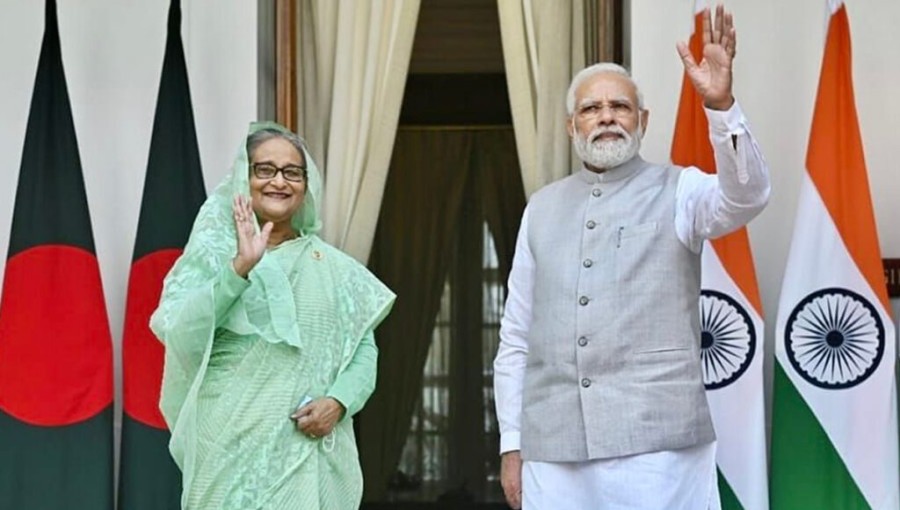
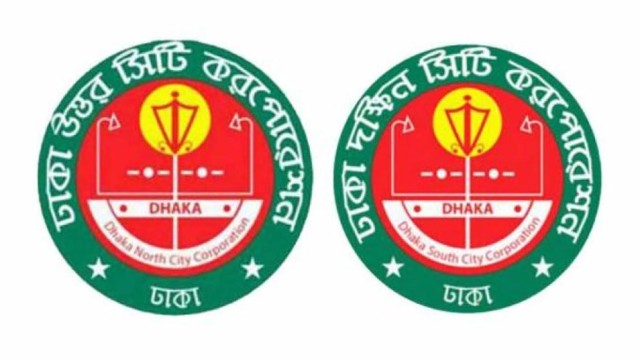
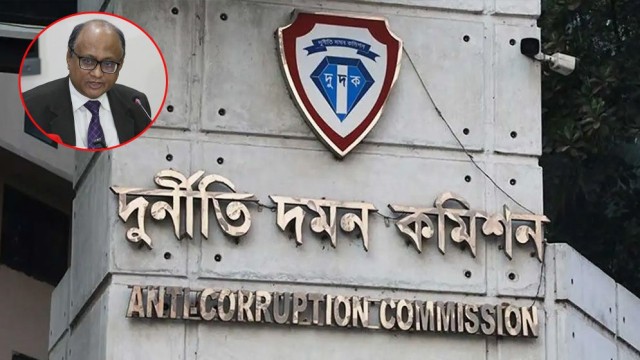
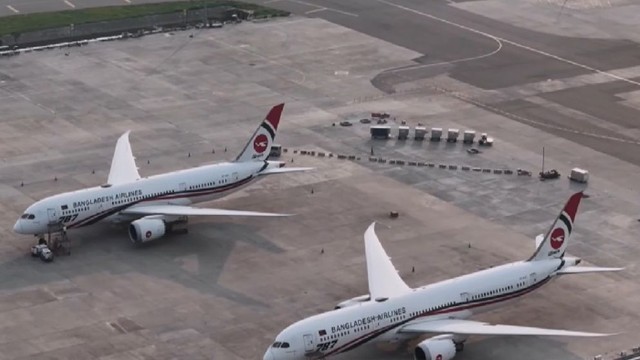
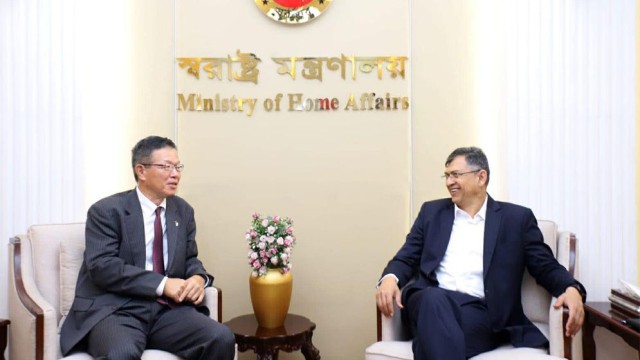
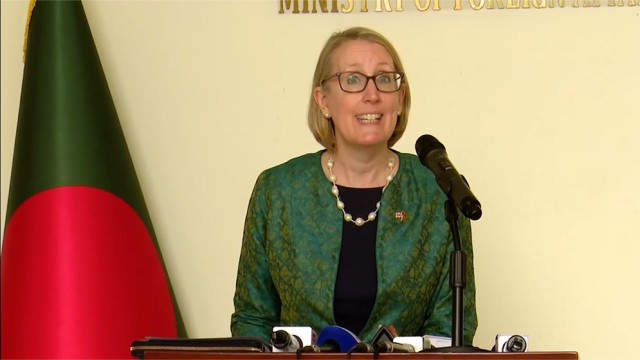
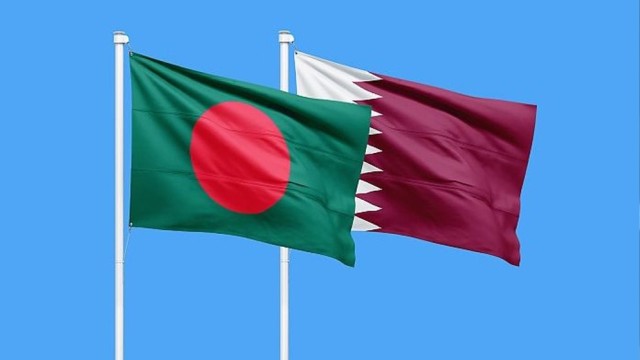



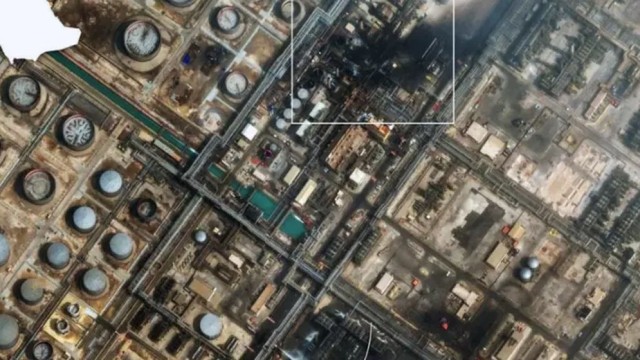

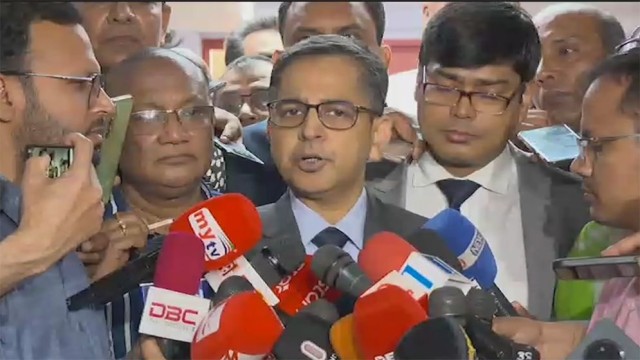












Comment: